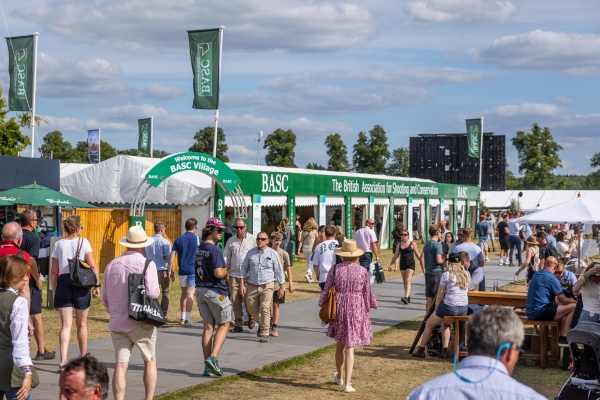
Get ready for the Game Fair
Whether you’re into shooting, gundogs, wild food or just soaking up the atmosphere of a bustling show, The Game Fair is for you.
Get information on the legal shooting season for mammals and birds in the UK.
Apply for funding for your project or make a donation today
Comprehensive information and advice from our specialist firearms team.
Everything you need to know about shotgun, rifle and airgun ammunition.
Find our up-to-date information, advice and links to government resources.
Everything you need to know on firearms law and licensing.
All the latest news and advice on general licences and how they affect you.
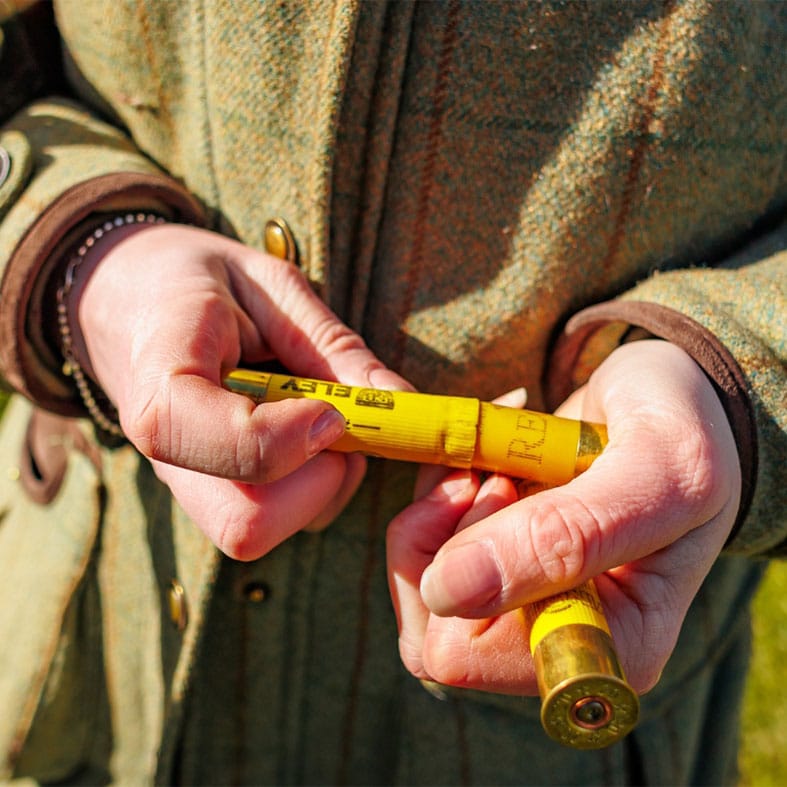

BASC has challenged the findings of a study on the prevalence of lead shot in oven-ready pheasants, that was part-funded by the RSPB and Wild Justice.
Voluntary transition by hunters and game meat suppliers from lead to non-lead shotgun ammunition: changes in practice after three years’ was recently published in Volume 20 of the Conservation Evidence Journal, claiming that “during 2022/20 94% of pheasants sampled had been killed using lead ammunition”.
The paper draws on its findings to criticise the voluntary transition away from lead shot in shotguns for live quarry shooting supported by nine organisations as ‘very slow’.
BASC’s CEO Ian Bell challenged the authors of the paper, detailing BASC’s concerns with the methodology used in the paper’s findings.
In summary, the study sourced 356 oven-ready pheasant carcasses from different distributors to analyse how many of these carcasses were shot with lead or non-lead ammunition respectively.
And because they could not find any shotgun pellets in 121 of the pheasants, they excluded them from the calculations and determined that out of the remaining 235 pheasants 94% were shot with lead ammunition.
This is a fundamental scientific error.
The only valid conclusion that could be drawn from the study is that out of 356 pheasants sampled 62% were shot with lead ammunition, 4% were shot with non-lead ammunition, and 34% were shot with either lead or non-lead ammunition or something else.
It matters because a consortium of academics, some of them lead ban campaigners, have taken it upon themselves to police the shooting sector’s voluntary transition away from lead shot for live quarry shooting through a project called Shot-Switch.
In short, the real agenda is to publicly undermine progress being made with the shooting sector’s self-regulatory approach with pseudoscience because they want a full ban on lead ammunition regardless of the consequences.
Therefore, it does not suit the agenda to state that 62% of a sample of 356 pheasants were shot with lead ammunition because that would be admitting that the self-regulatory approach is working.
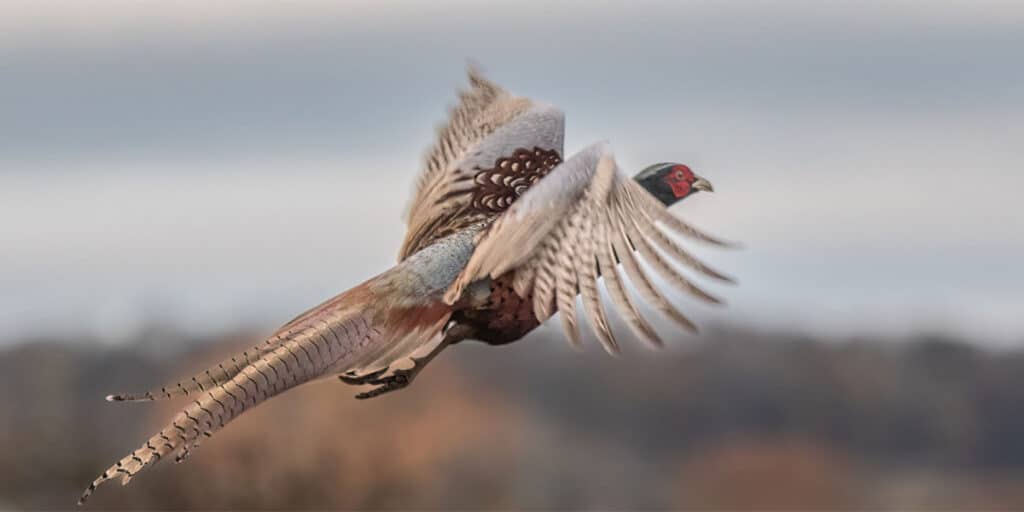
And it gets murkier.
The Conservation Evidence Journal the paper was published in, is produced and edited by staff working for the University of Cambridge’s Department of Zoology.
Professor Rhys Green, the principal author of the paper is a staff member at the same Department of Zoology.
The principal contacts for the Shot-Switch project are Professor Rhys Green and Professor Debbie Pain – both based at…yes you guessed right…Cambridge University’s Department of Zoology.
And this matters because Profs Green and Pain have been campaigning for a lead ban for many years.
Both individuals were appointed last year to the Health and Safety Executive’s Independent Scientific Expert Pool to advise on proposals for a lead ban, which promoted BASC to raise concerns about a conflict of interest with the government’s Environment Audit Committee.
The Shot-Switch project, with an estimated annual cost of £25,000, is part-funded by RSPB and one of the authors of the paper thanks Wild Justice for funding support.
Three of the 20 authors of the paper (Rhys Green, Debbie Pain & Mark Taggart) have published a long-winded response to BASC’s concerns on the Shot-Switch website.
Buried in that 11-page report is the admission that the original version of their manuscript submitted to their colleagues in Cambridge University’s Department of Zoology did account for “this potential source of bias” but that “it was felt by the editor and reviewers that the section was peripheral to the paper’s main objectives and it was therefore removed from the manuscript, with the agreement of the authors.”
Yet, the summary conclusion is that they do not think our concerns are well founded.
So, there we have it, all jolly good, nothing to see here, just move on.
And that we will because progress is being made. We will continue to support a self-regulatory approach, encouraging a voluntary move away from lead shot for live quarry shooting, whilst fighting against any further regulation of lead ammunition.
Click here for more information on BASC’s work on ammunition.
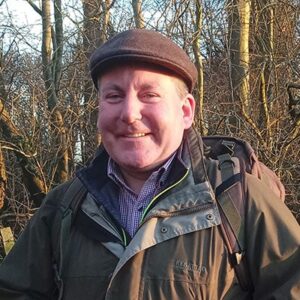

Whether you’re into shooting, gundogs, wild food or just soaking up the atmosphere of a bustling show, The Game Fair is for you.
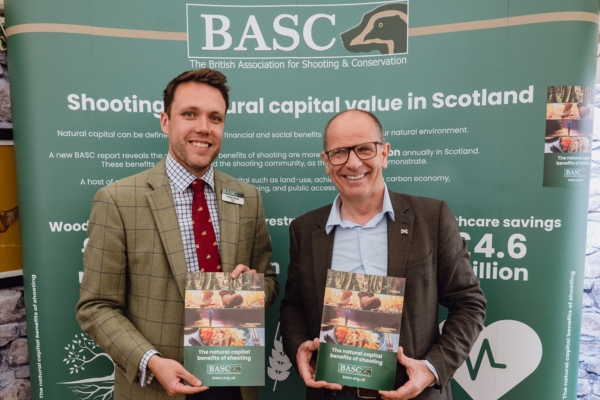
Scotland’s shooting sector delivers more than £246 million in annual natural capital benefits, according to a new report launched by BASC at the Scottish Game Fair on 4 July.
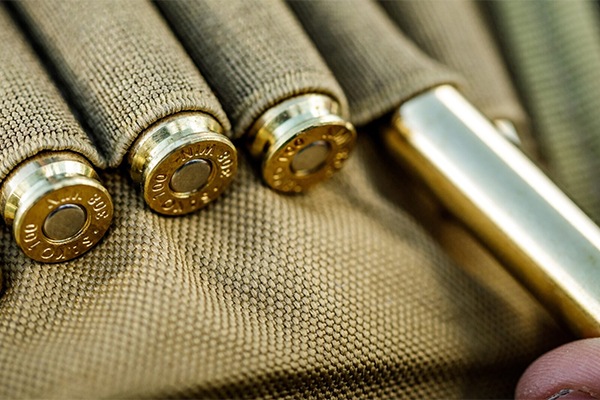
Read our answers to frequently asked questions about the planned lead ammunition legislation and what it means for shotgun, rifle and airgun shooters.
Sign up to our weekly newsletter and get all the latest updates straight to your inbox.
© 2025 British Association for Shooting and Conservation. Registered Office: Marford Mill, Rossett, Wrexham, LL12 0HL – Registered Society No: 28488R. BASC is a trading name of the British Association for Shooting and Conservation Limited which is authorised and regulated by the Financial Conduct Authority (FCA) under firm reference number 311937.
BASC Direct Ltd is an Introducer Appointed Representative of Agria Pet Insurance Ltd who administer the insurance and is authorised and regulated by the Financial Conduct Authority, Financial Services Register Number 496160. Agria Pet Insurance is registered and incorporated in England and Wales with registered number 04258783. Registered office: First Floor, Blue Leanie, Walton Street, Aylesbury, Buckinghamshire, HP21 7QW. Agria insurance policies are underwritten by Agria Försäkring.
If you have any questions or complaints about your BASC membership insurance cover, please email us. More information about resolving complaints can be found on the FCA website or on the EU ODR platform.